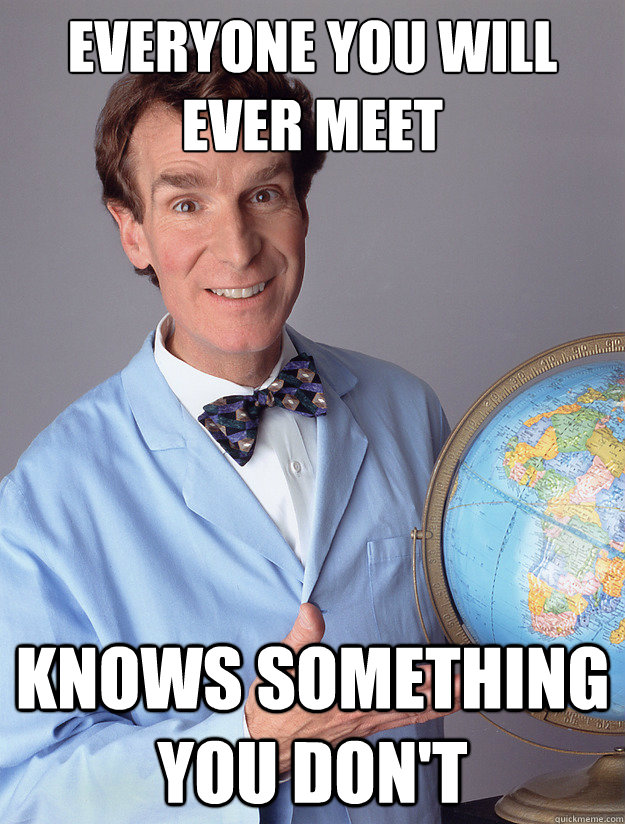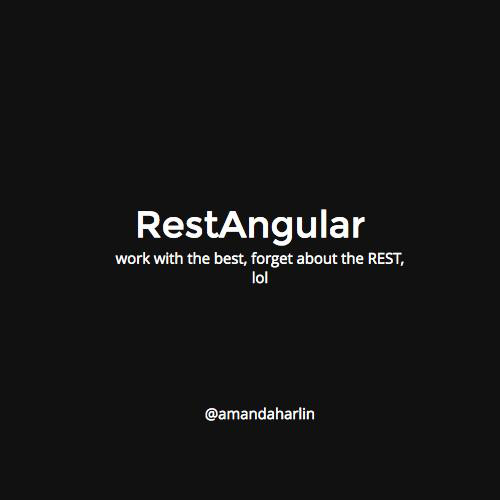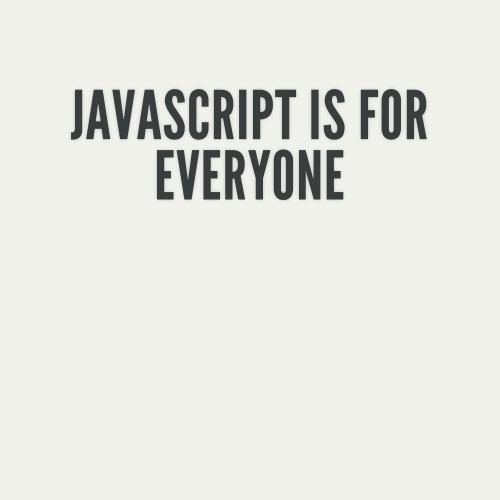Online User Experience
Simplifying UX, SEO, and Developers
for Chickasha Chamber of Commerce members
About Me
Amanda Harlin
Web Developer Intern at SWOSU's
Center for Economic & Business Development
Computer Information Systems AAS - 5/2013
Computer Science BS - 2015?
Programming since 2011
(HTML/CSS, C#, C++, Java, SQL, jQuery)
Email me your questions or just keep in touch
harlina@student.swosu.edu
What We're Covering
User Experience
User Centered Design
SEO: The Good, The Bad, and The Banned
Working with Web Designers & Developers
Questions & Answers segment
following after Lisa Thiessen's lecture
User Experience
What is it?
"...when a person engages with your products, services, and environments, a set of distinctly human factors come into play to create either a positive or negative user experience."
-Peter Merholz, Subject to Change, 2008
Quantifying UX
Those "distinctly human factors" are:
-Motivation
-Expectations
-Perception
-Abilities
-Flow
-Culture
Motivation
Why are people seeking out your services?
Why are people viewing your website?
What type of action is the person trying to complete?
Expectations
What do users expect from your website or product?
Does your website fulfill their expectations?
PercePtion
How do users view your website and product?
What type of feeling or emotion are you displaying?
What should your product be conveying?
Abilities
How are people able to interact with your website?
Is your website mobile ready?
Flow
How do people engage with your website over time?
Is their experience seamless or is it a bumpy ride?
Are your goals, details, and calls to action clear?
Culture
Think about your users. Who are they?
How,
why,
where
& when
will they be using your website?
User Centered Design

User Experience Honeycomb by Peter Morville
Useful
Is your website useful?
Does your website have a clear purpose?
Does it answer questions?
Do users gain any information from visiting your website?
Usable
Is your site easy to use & navigate?
Any missing links or missing pages?
Instructions and guidance should not be necessary
to use your website.
Are your competitor's websites more usable?
Desirable
Does your website look good?
Do people want to look at your website?
Does your site fulfill an emotional need?
Findable
Quite simply:
Can users find what they need?
Does your navigation menu have a standard layout?
Does your website follow a standard design layout?
Accessible
Can people with different abilities use your website?
Consider people with motor impairments, vision impairments or hearing impairments.
What about accessibility for mobile devices?
Credible
Does your office, store, or restaurant look professional?
Does your website look professional?
Valuable
Does your website deliver value to your users?
Did you users gain anything by visiting your website?
Is your website content adding value?
Does everything appearing on your website have a purpose?
What is SEO
SEO stands for Search Engine Optimization.
-But what does that really mean?
"SEO is the practice of improving and promoting
a web site in order to increase the number of
visitors the site receives from search engines."
as defined by SEOMoz.org
Good SEO
Good Practices:
-Creating great content!
-Updating content regularly
-Linking with reputable sources
-Using descriptive HTML tags & attributes
-Making sure text is still findable in rich-media
More Good SEO
-Creating a sitemap.xml file
-Create a robots.txt file
-Submitting your website to Search Engine providers
-Using analytic services
-Using webmaster services
Bad SEO
Bad Practices:
-Fixating on 'keyword density' or 'keyword stuffing'
-Fixating on SEO trends
rather than creating good content
-Link farming
{ Search Engines' algorithms continue to change to better detect relevant, high quality results and ban spam. }
Penalized & Banned
-'Cloaking', loading content that is not seen by the user
-Incorrectly redirecting links or improperly redirecting pages
-Having a lot of duplicate content
-Having tons of 'low-value' pages instead of fewer pages with higher quality content
Why Work With Web Developers?
Web developers are like auto mechanics.
We build, fix, and maintain because it's our craft.
We learned & keep learning because it's our passion.
~
Use your time to do what you love,
because that's what we do!
~
Stop, Collaborate,
& Listen
Collaborate with us on designs.
Web designers consider many options when
designing your website such as:
color theory,
accessibility,
and SEO.
Working Solo
Creating your own website requires dedicating time
to researching options like:
-Learning CSS and HTML
-Starting a flat-file site from scratch, or using a CMS (content management system)
-Deciding on which web hosting provider to use
-Making your website's theme verses using a free template or buying a template
Experience is Awesome
Learning about web design is a really great experience.
-You'll have a new perspective & better understanding about how programmers & designers work and learn.
If you have the time, motivation and resources to
learn about web design, go for it!
Being Laid-Back Is Also Equally As awesome
When clients take a hands-off approach,
web designs can really shine.
Being slightly more hands-off may indicate
that you feel secure in your choice
of your website developer
and trust their professional opinion.
Thank You for your time
Questions & Answers segment to follow after
Lisa Thiessen's presentation.
View the slides online next week at
You can email me your questions, comments, or feedback to harlina@student.swosu.edu
userexperience
By amandaharlin
userexperience
- 1,509




